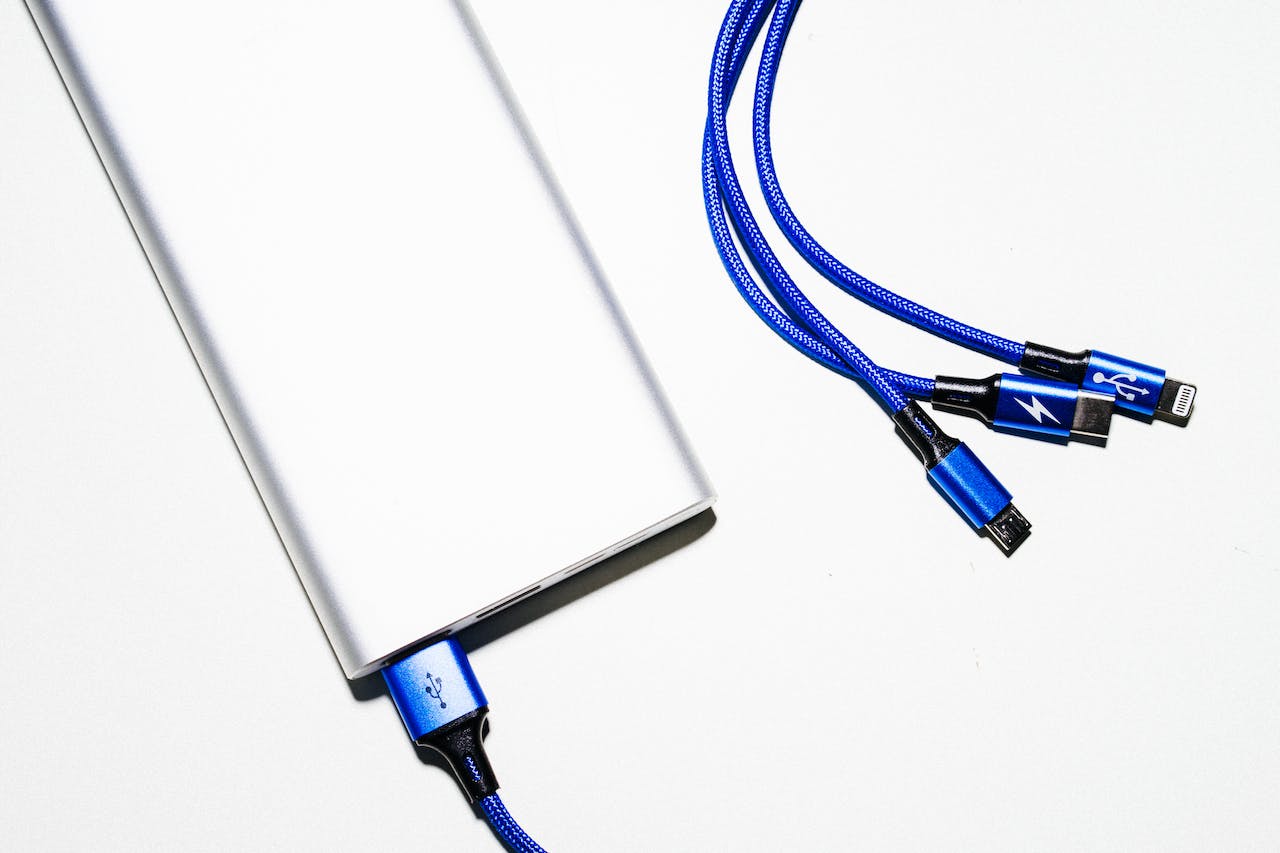Your body’s battery needs to be recharged constantly? Here’s what to do!
Your body’s exhausted already on Wednesday? Your caffeine intake and Red Bull beverages are not doing their thing? We often forget that we’re not robots; we’re human beings, and guess what? We need regular pit stops to keep our engines revving. In the ever-accelerating pace of our lives, the concept of perpetual productivity has become something of a modern Holy Grail. The prevailing belief is that we must be constantly plugged into our work, squeezing every ounce of productivity from every waking moment. However, this mindset often neglects a fundamental truth: human beings are not machines. We’re not designed for intense activity. We need to recharge our batteries regularly to maintain a high level of productivity.
Simple math in nature
Here’s the deal: the more we work, the more energy we use up, like everything in nature except the sun! The more we demand of ourselves, the more energy we expend. Companies thought that forcing us into extended hours of concentration or hard work could lead to increased productivity; however, more and more studies have proven that it can also deplete our energy reserves. We become like a car running on an empty gas tank, sputtering along with diminished efficiency.
Productivity isn’t just about clocking in the hours; it’s about the quality of work you produce. When you’re running on low energy, your performance suffers, and your decision-making becomes impaired. It’s like trying to run a Ferrari on fumes; it won’t get you very far, and eventually, it might break down. This is when resting time takes the spot.
Rest is not a reward for hard work; it’s a prerequisite for sustained productivity; it’s the magic potion that keeps you going. It allows your mind and body to recover, repair, and refuel. During periods of rest, your brain processes information, consolidates memories, and regenerates mental energy. This is why you often wake up with fresh ideas after a good night’s sleep. You have the focus, creativity, and energy to tackle your tasks effectively. It’s about working smarter, not harder.
Scientists have long recognized the necessity of rest for cognitive and physical performance; our bodies and brains need rest to function at their best. For that, we need an amazing cycle that makes it all easier and governs our sleep patterns but is also relevant to our waking hours; it is called “The Ultradian Rhythm”. It is our natural biological cycle that lasts around 90 minutes. During this cycle, our bodies go through periods of high alertness and focus, followed by a decline in energy. This is when we experience mental fatigue and start feeling like we’re slogging through quicksand.
You can’t fight your body’s natural rhythm; the solution? Take short breaks to recharge during these natural energy dips. Besides, studies have shown that our brains need rest to consolidate learning and memory. The brain’s Default Mode Network, responsible for self-reflection and daydreaming, becomes active during downtime. When you’re not actively thinking about work, your brain gets its chance to shine, neat, right? This network is vital for creativity and problem-solving. So, in essence, daydreaming isn’t procrastination; it’s your brain’s way of gearing up for creative fireworks (creative thinking.)
So, how can we get the best of it?
- A good night’s sleep is the most potent form of recharging. Aim for 7-9 hours of quality sleep each night to ensure optimal cognitive and physical performance.
- The Pomodoro Technique, as offered on FOCUS 101, works with a 25-minute bursts followed by a 5-minute break. This allows you to recharge and maintain productivity throughout the day.
- Have you already tried the highest benefits of short mindfulness meditation yet? these sessions can help clear your mind and reduce stress in scarce minutes a day! Even just a few minutes of deep breathing can make a significant difference in your day.
- As it’s well known, regular exercise improves overall energy levels, mental clarity, and cognitive function; no need to go to a gym; just walk home after work and clear your mind.
- Plan for regular, longer breaks to disconnect from work entirely. Vacations help rejuvenate your mind and provide a fresh perspective when you return to work.
- Hobbies help you connect with yourself on many different levels, if you’re passionate about anything pursue it, it’ll be incredibly energizing and fulfilling.
- And never forget spending time with friends and loved ones, we need to recharge emotionally through connections and resilience.
Our modern culture often glorifies the ‘always-on’ mentality, but the truth is, it’s not a sustainable way to live and work. We celebrate people who work tirelessly, burn the midnight oil, and never take a break. The human body and mind require rest and recuperation. The idea that constant busyness equates to productivity is a fallacy and often leads to a state of ‘busy but unproductive
Recharging isn’t a luxury; it’s a necessity. By giving yourself permission to rest and making it a regular part of your routine, you’re investing in your ability to perform at your best. Recharging strategically throughout the week can help you transition from this state to one of ‘busy and highly productive. Schedule regular breaks, establish boundaries between work and personal life, and take full advantage of your weekends and vacation time. Experiment with different recharging techniques and discover what re-energizes you the most.
